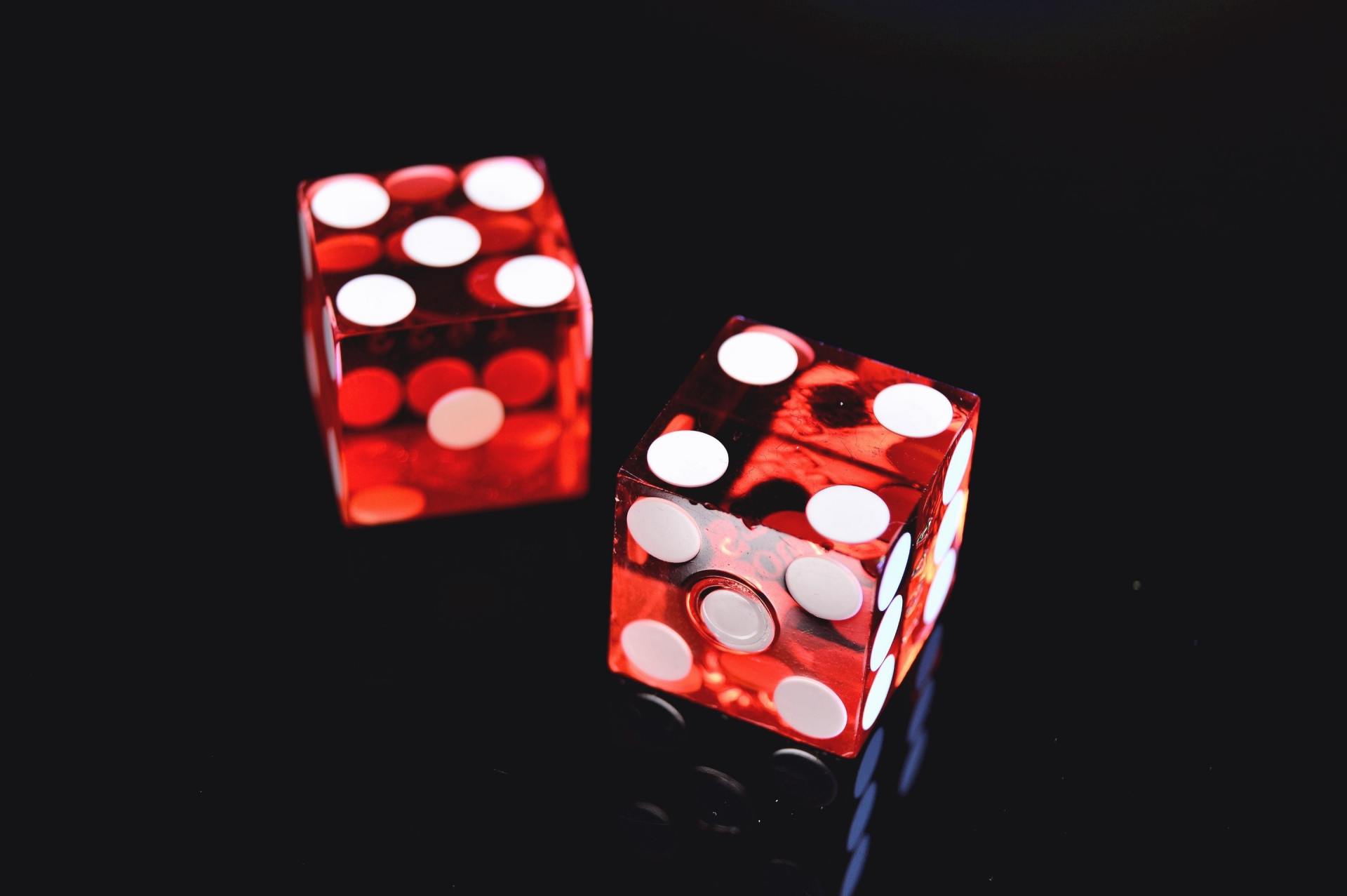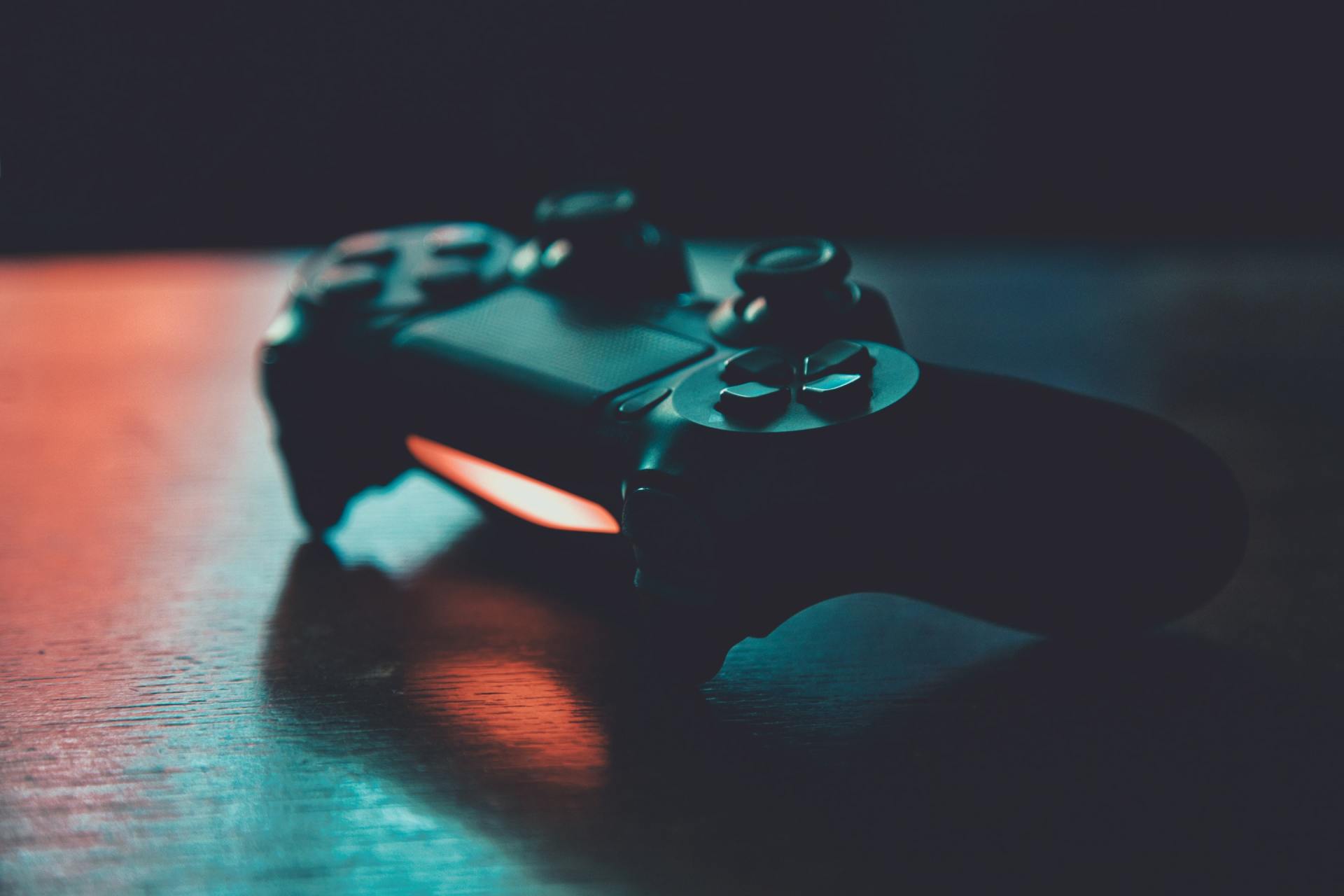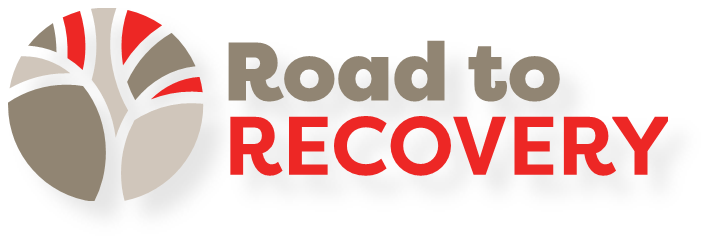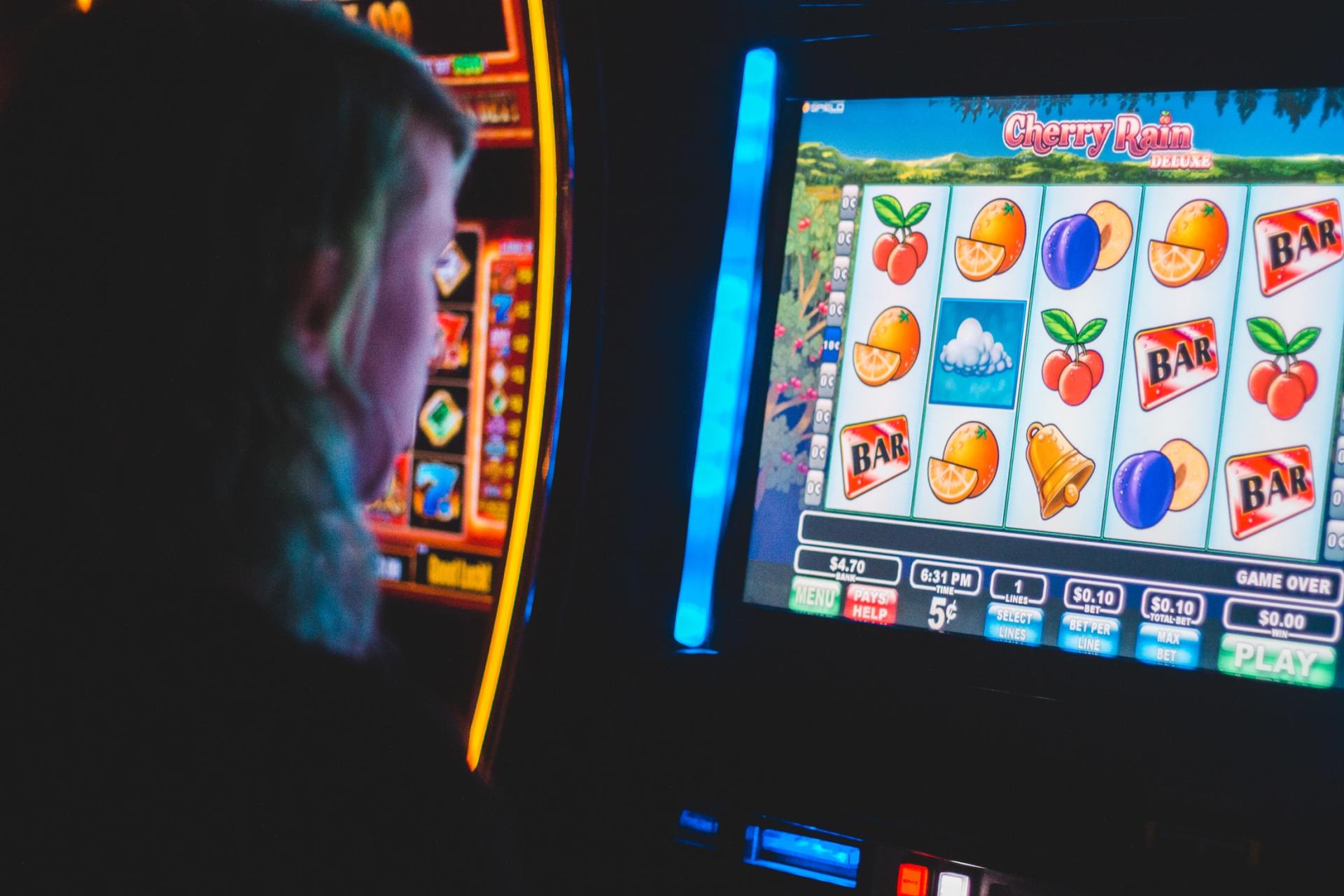Casinos, Card Rooms, & Lawmakers Provide Resources to Fight Problem Gambling

Casinos, Card Rooms, & Lawmakers Provide Resources to Fight Problem Gambling
Self-Exclusion Program
In addition to the state’s Problem Gambling Helpline (855-922-1558), those looking for support can participate in self-exclusion programs at most casinos and card rooms. State legislators also passed a bill to create a statewide voluntary self-exclusion program in the future. The details of this program are currently being reviewed, and will include all cardrooms and the state lottery. Tribal casinos will be invited to participate as well. The statewide program would allow a person to request self-exclusion at one cardroom and have it accepted at all cardrooms across the state. The goal of self-exclusion programs are to offer prevention tools so that the individual can make a choice to limit their access to gambling opportunities.
“Let’s say I find that I am struggling with managing appropriate behavior with gambling. I can go to each individual facility and sign a form telling them that I would like to be self-excluded,” explains Washington State Legislator and Gambling Commissioner Rep. Shelley Kloba.
Casino Employee Training
Meanwhile, casino employees can now participate in Responsible Gaming training programs designed to recognize concerning statements or signs of problematic gambling, then offer referral resources to connect individuals with counselors, therapists, and other support services.
“We have many training programs in place to provide help to our front line. This helps them gain an understanding of what to look for, the signs if someone may be developing compulsive gambling habits or may need some help,” says Fox La-Rose.
Spending Limits & Other Safeguards
Rep. Kloba has also worked hard to ensure that the casinos themselves aren’t enabling unwanted addictions. “We create safeguards around what ages are allowed into a casino. We put limits on the amount you can spend at any given machine or table, and we have some special protections for high-limit, high-roller rooms,” she says.
“We try to protect people because this ultimately is something that someone can do very quickly to get themselves into financial peril or even financial ruin,” Kloba adds.
Tribal Health Care Providers
According to Fox La-Rose, some of the tribes have healthcare facilities and trained mental health providers to provide additional support that is local and available as needed, saying “There are many talented mental health care providers available throughout the state to provide the support and guidance to assist with navigating through the process.”
Where to Get Help
“We certainly understand that the majority of our guests can enjoy our product responsibly. However, we also understand some individuals may develop issues,” says Fox La-Rose.
“I always encourage people to come forward. If you need guidance or just aren’t sure how to seek help to navigate through this process, we can help you.”
- Call or Text the Problem Gambling Helpline at 855-922-1558. You can remain anonymous when you call.
- Visit the Road to Recovery website at roadtorecoverys.org. Help, information, and free educational resources are available 24-hours.



All Rights Reserved




